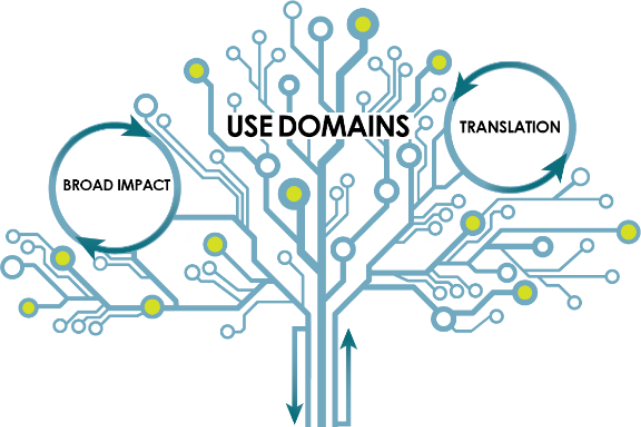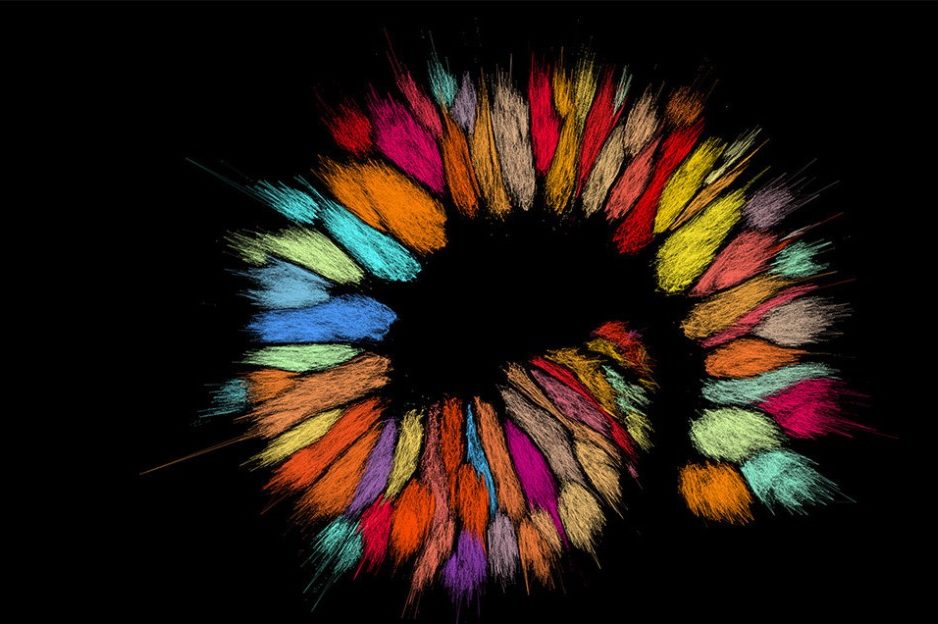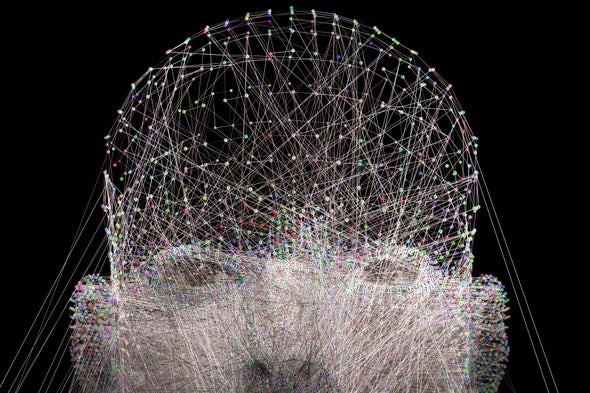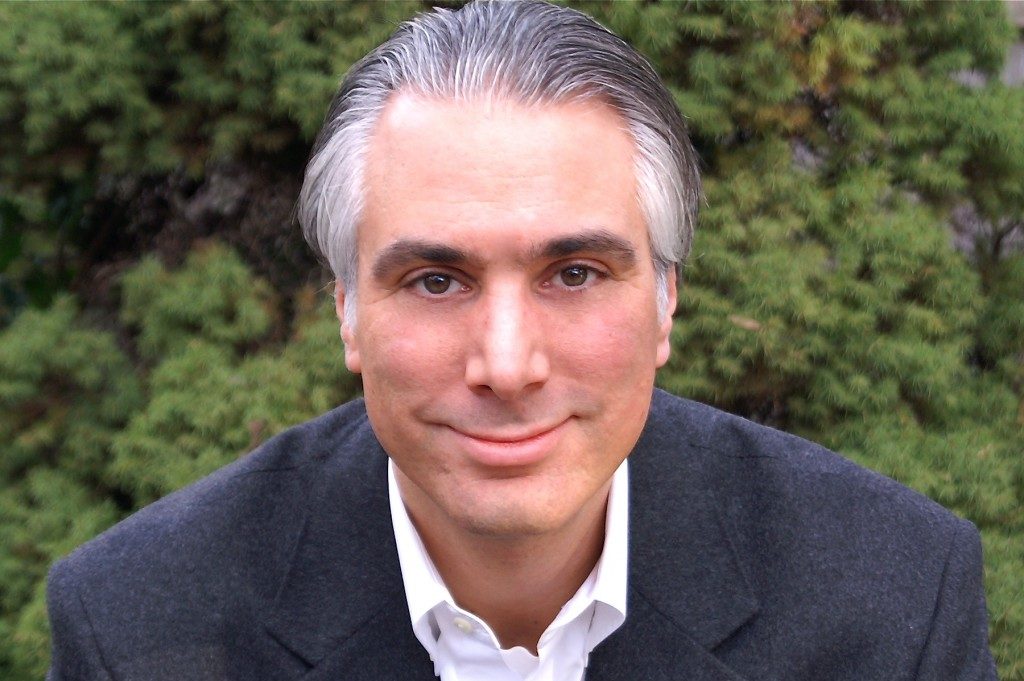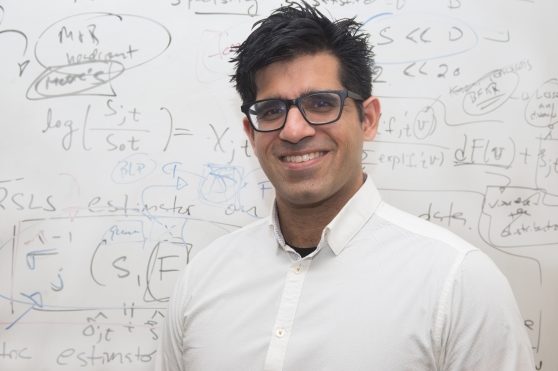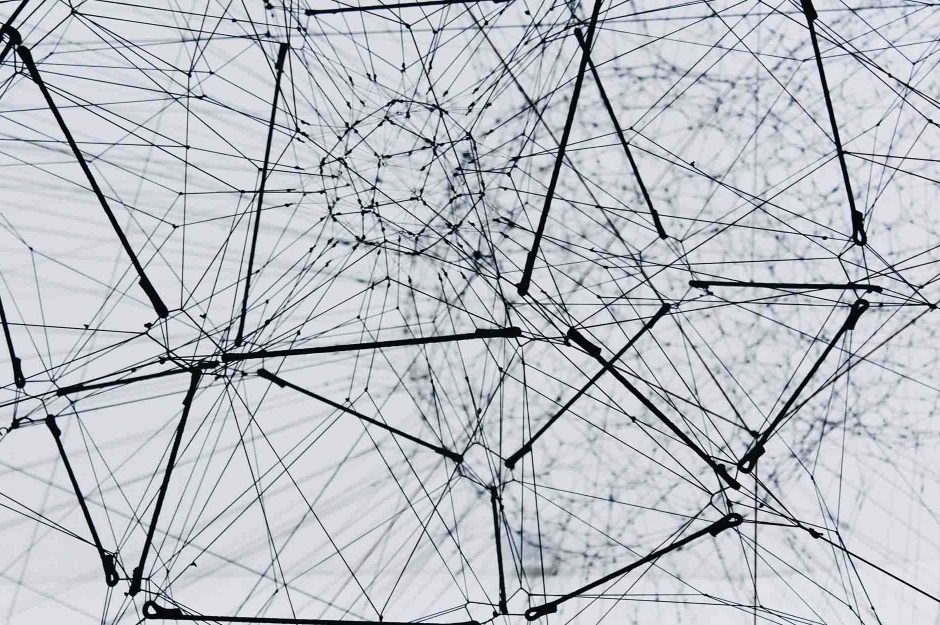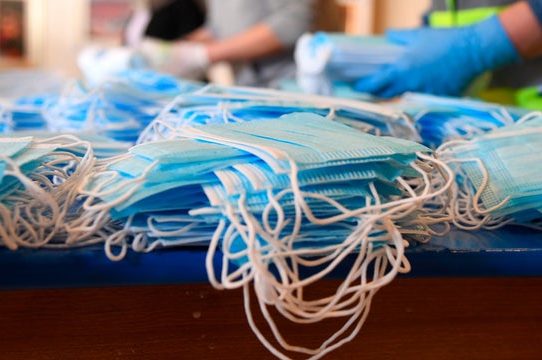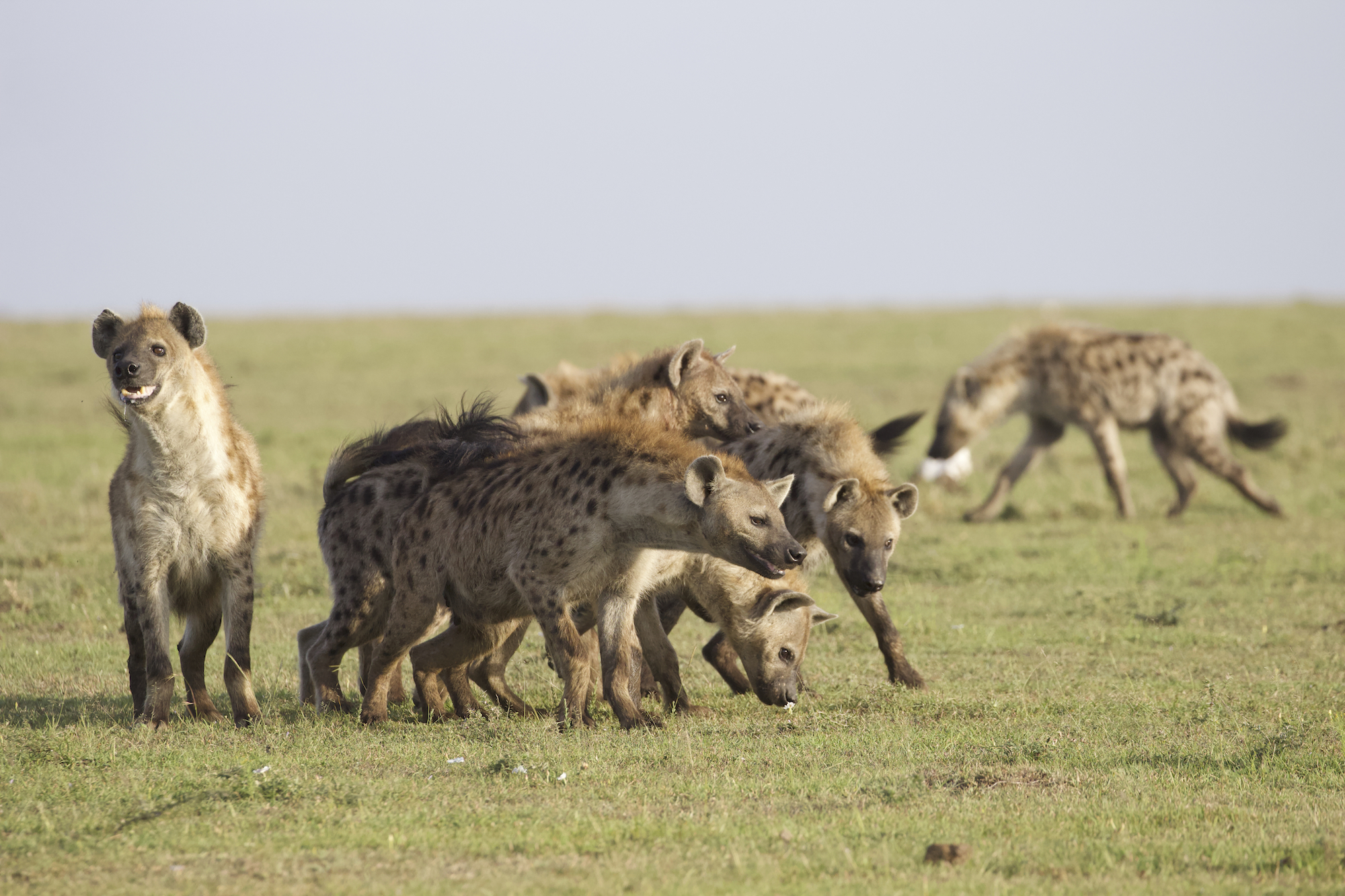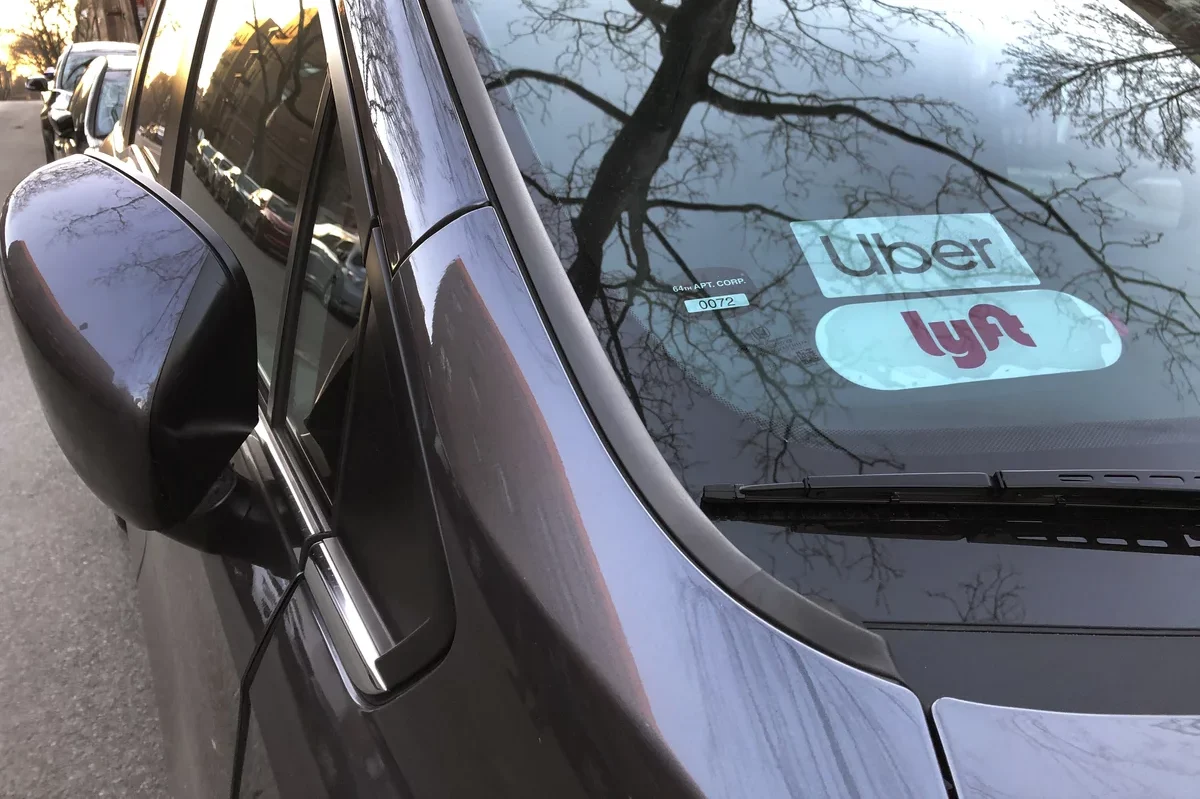
Lyft And Uber Prices Are High. Wait Times Are Long And Drivers Are Scarce
In this recent NPR article, Gad Allon comments on the new ride-hailing app norm: pricey fares and extended waits, as Lyft and Uber grapple with a driver shortage that has riders feeling the pain and the companies sweetening the pot to entice more drivers on the road.

